David Lynch’s Dune Finally Gets The Love It Deserves
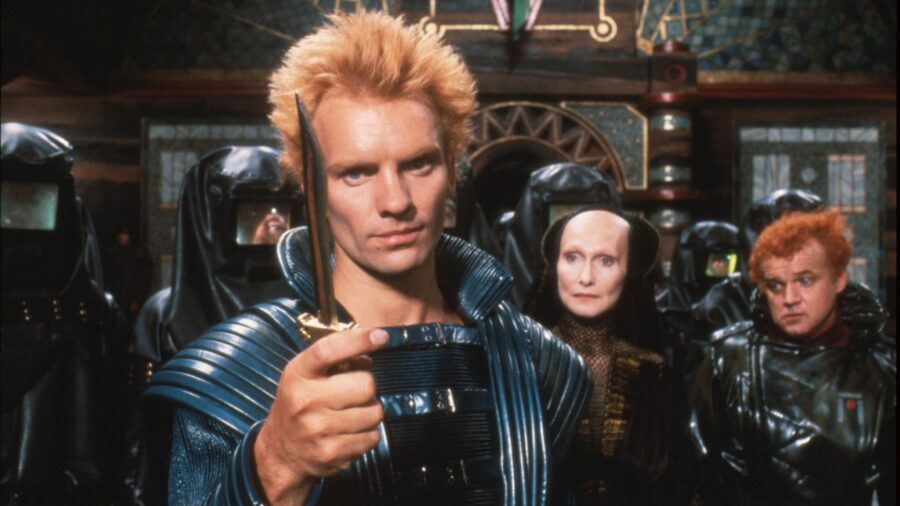
Like legendary comedian Rodney Dangerfield, David Lynch’s adaptation of Dune never got any respect, at least not enough. But the film—mired in controversy and dogged by mixed reviews, upon its release—is gearing up for a grand re-release in U.S. theaters this February. The occasion marks the film’s 40th anniversary.
Dune Re-Release
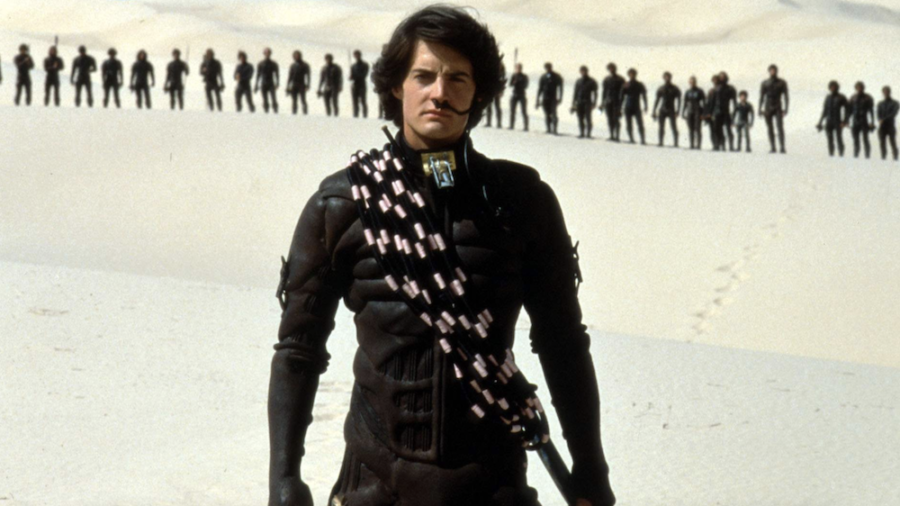
Interestingly, the release signifies more than a resurgence of interest in Lynch’s unique vision but also a reevaluation of the film’s status in cinema history.
If audiences today will reassess Lynch’s take on Frank Herbert’s universe in a new, charitable light, they didn’t in 1984. Then, both audiences and critics grappled confusedly with Lynch’s vision of Arrakis.
Dune’s Bad Reviews
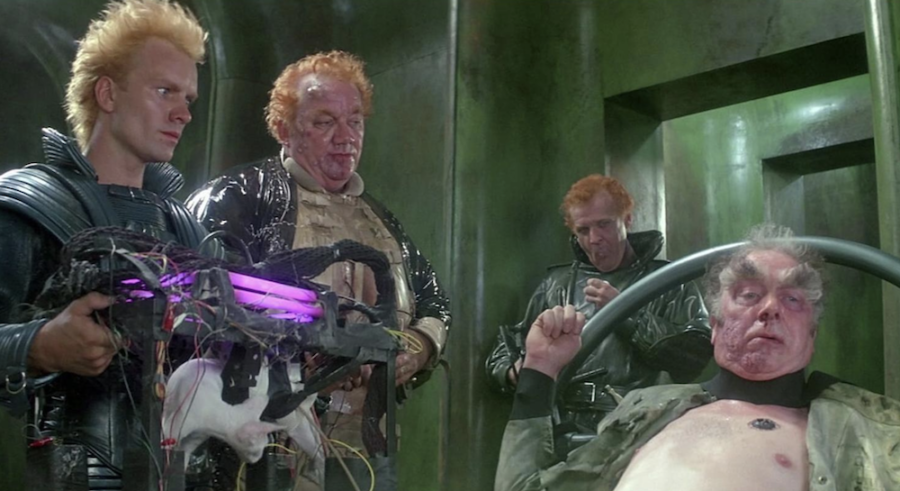
David Lynch’s Dune starred the director’s longtime collaborator Kyle MacLachlan as Paul Atreides and reviewers robustly criticized its dense narrative and deviations from Herbert’s novel.
Even the maestro panned the film, referring to it unflinchingly as a “total failure.”
Despite bad reviews and the director’s disowning, the project earned a dedicated, true-blue cult following. It’s not hard to understand why: the film features rich visual tapestry, signature Lynchian sequences, and credibly handles its ambitious narrative.
The stellar cast of David Lunch’s Dune adaptation also includes José Ferrer, Max von Sydow, and Sting—yes, that Sting.
Limited Release Window
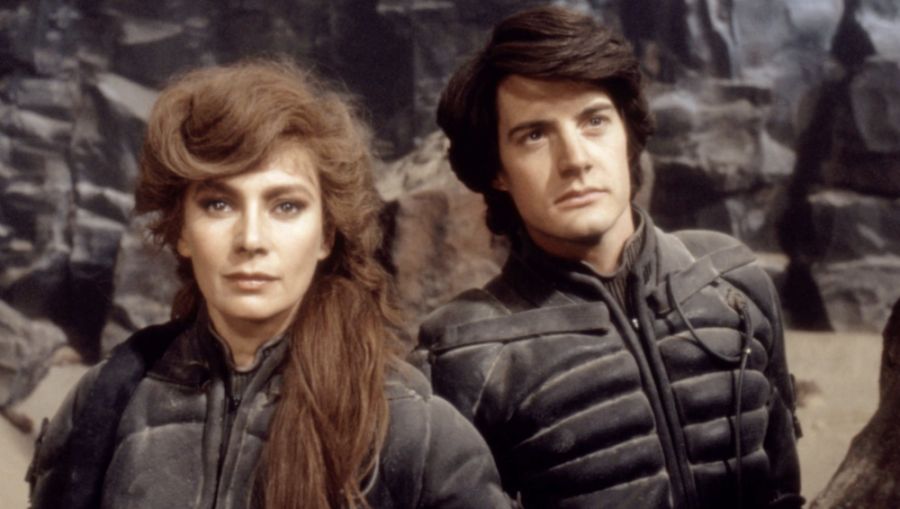
For sci-fi fans and Lynch aficionados (aLynchionados?), the 40th-anniversary screenings present a rare but brief opportunity, as they’re slated for only Sunday, February 18, and the following Monday.
Nonetheless, the retrospective offers a rare occasion for fans and newcomers alike to enjoy the movie in its intended format.
Lynch initially envisioned his take on Herbert’s franchise as the first installment in a larger saga. Max Evry—who wrote A Masterpiece in Disarray: David Lynch’s Dune, and thus should know—recently unearthed a half-finished screenplay for a sequel.
The exciting find indicates ambitious plans that, sadly, never materialized, probably due to the film’s initial reception.
Denis Villeneuve’s Dune

Of course, unsurprisingly, the re-release comes on the heels of Denis Villeneuve’s 2021 adaptation of Herbert’s novel. This major release earned critical acclaim and blockbuster returns and reignited interest in the Dune franchise.
Reviewers lauded Villeneuve’s film, extolling its visual splendor and—unlike Lynch’s version, in their eyes—adherence to the source material.
The French-Canadian film has thus successfully launched a new franchise; a sequel to his initial release, also starring Timothée Chalamet and Zendaya, arrives this March.
The Future Of Dune
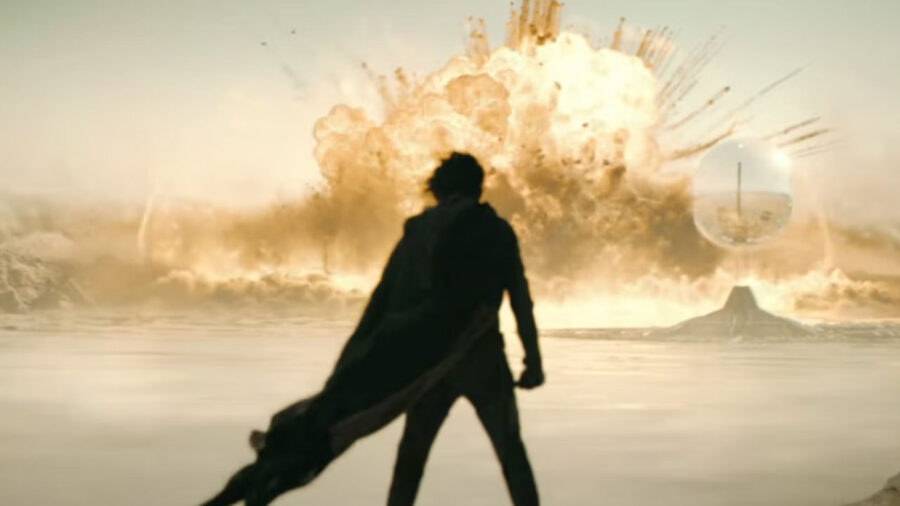
Plans for a Villeneuve adaptation of Herbert’s Dune Messiah (a 1969 novel) are also underway; allegedly, its script is almost done.
Rather than altogether eclipse and render irrelevant Lynch’s effort, the recent films provide an intriguing, exciting contrast. Between Herbert’s novel, Lynch’s film, and Villeneuve’s potential trilogy, audiences enjoy three distinct sensibilities, all shaping one captivating universe.
In other words, it all amounts to a net positive.
Dune’s Complex Legacy
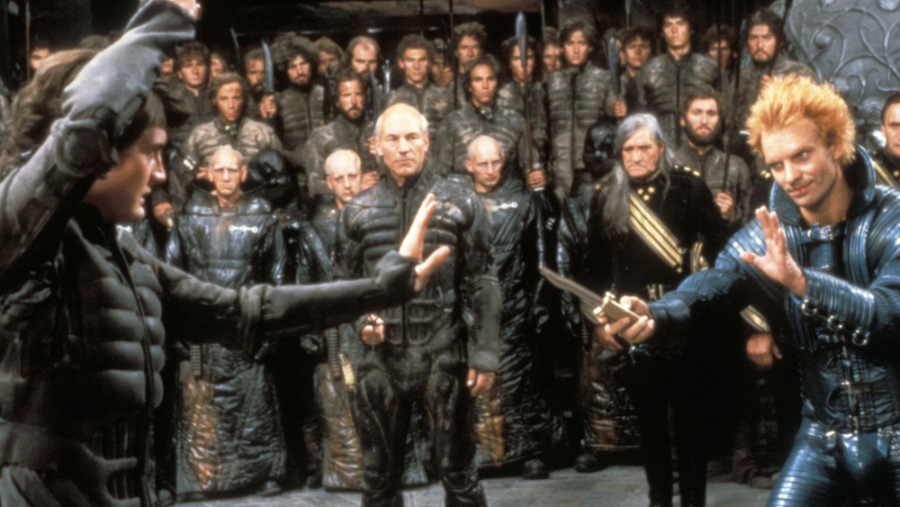
Ultimately, the re-release of David Lynch’s Dune commemorates and celebrates more than 40 elapsed years since its original release.
The special event testifies to the movie’s enduring allure and unique stature in film history. While its legacy may be complex, audiences will nonetheless (probably) relish returning to Lynch’s vision of Arrakis on the big screen.
And something tells us they will find that time has been kinder to Lynch’s film than initial reactions were; the event could well mark the onset of a broader reevaluation.
Source: Fathom Events












